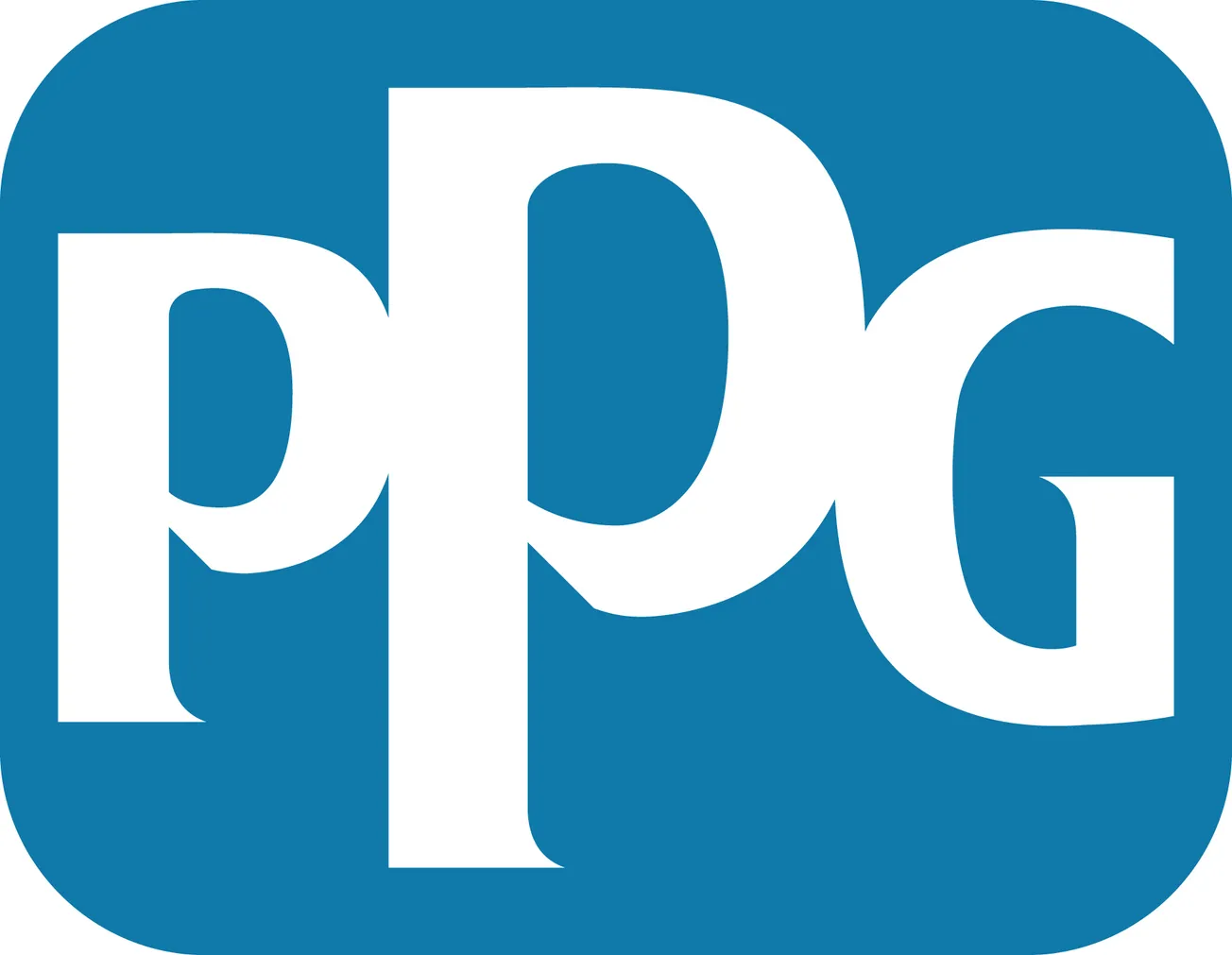Table of Contents
“Spring” invokes thoughts of cleaning and refreshing. Given the changes over the last two years, this should apply not only to your windows and closets, but to your HR practices as well.
Clean up your compliance: Laws, best practices, and companies change from year-to-year. Take this time to make sure you are current and compliant.
Employee census: Conduct a review of your current employees, noting any changes in number or demographics that may impact other aspects, such as policies, benefits, etc. Be sure you are aware of any regulations you now or no longer meet.
Handbooks/policies: Have your handbook and employment policies reviewed and updated every year or two. Changes in federal, state, or local employment law or the number of your employees require policy revisions, and you may address your current workplace, such as modernizing a dress code, adding work-from-home requirements, or implementing a social media policy. Make sure your policies comply with recent legal decisions and guidance from government agencies, such as the DOL and NLRA.
Posters/notices: Make sure your federal, state, and, in some cases, local posters and notices are up-to-date and posted in common areas where employees have easy access. Keep the most current OSHA Summary Form 300-A posted until April 30.
Personnel files: Review all personnel files, ensuring current employee files are complete and pulling those for terminated employees. Purge records and forms that you are no longer obligated to retain in accordance with the timing required by regulation.
Training: Ensure employees understand current job requirements, product specs, and company expectations. Include training on non-harassment/non-sexual harassment/non-retaliation (required in several states) to provide a part of an affirmative defense if needed in the future.
COVID-19: Update your COVID-19 procedures to reflect the latest guidance, which changes as the numbers improve. Many times you can get employees back to work sooner than you could a few months ago.
Introduce new initiatives: Workplaces, society, and priorities in 2022 are different than they were even two or three years ago so companies looking to retain their best employees may need to implement cultural changes which support employee concerns. However, issuing a new initiative without follow up and management buy-in can actually do more harm so be prepared to commit.
Work-from-home arrangements: The labor market is very tight. COVID-19 has shifted the priorities of some employees and limited the options of others. We all know that there are jobs that must be done in person. But, for the others, try to find a way to accommodate some flexibility into the full-time in-person option. Offering this option, even if only one or two days a week, can give employees the flexibility they need to balance their personal lives while staying engaged in their jobs.
Diversity, inclusion and equity (DEI): Develop and implement a program to address disparity within the workforce and to empower minority employees. This can include policies and training as well as creating affinity groups to creatively address issues and ensure everyone is valued and their opinions are heard.
Employee contributions: Employees often have ideas such as how to improve work methods, update the company culture, or incorporate the latest technologies. Allowing employees to present their suggestions (big and small) and working with them to determine the validity of implementing them can lead to greater employee commitment to the company while giving you a new source of outside-the-box thinking.
Refresh your recruiting: The tight labor market from 2021 is not easing up as we head into mid-2022; applicants have more job choices and are holding firm to their “must-have” list. Companies looking for new employees should update their processes and expand their search to find the right fit.
Branding: Companies often think to advertise to potential customers, but you should also market to potential employees. Update your website; create a video about the company; use social media to publicize your company and message.
Streamlined hiring process: Most applicants have several job offers to choose from so simplify your process to screen applicants more efficiently, make good decisions quicker, and offer employment sooner. Consider including some pre-screening questions with the application or doing group interviews so more people can talk with the candidate without requiring multiple visits.
Conditional offers: Making an offer quicker should not mean skipping the essential steps of background checks, reference checks, and drug testing. By making an offer conditional upon passing these requirements, you can get an offer to the candidate quicker while still being compliant.
Compliant hiring: Update your application to comply with legal changes such as Ban-the-Box. Review your interview questions to make sure they are legal and effective. Train your hiring team so they know what to do and not do to legally find the right fit. Update your offer letter to provide important information such as employment-at-will and benefits.
Job sources: Since applicants may be hard to find using old methods, consider trying new ways to reach your next hire. Create an employee referral program. Post ads on specialized sites such as those targeting veterans, disabled, or unemployed job seekers. For new, management, or hard-to-place positions, hire a recruiter who knows the job market and your industry and can actively source your job while you focus on other things.
Scrub your salary structure: The rising cost-of-living means employees need to be paid more. The tight labor market means companies must pay the market rate (if not more) to attract and retain the best employees. Higher new-hire salaries and increasing minimum wage rates further compress a company’s salary structure.
Compensation strategy: Review the wage and benefit package you offer employees to see if it is current and meets their needs. If not, consider developing creative ways to reward employees for joining and/or staying with the company. Hire a compensation expert to provide you an accurate market analysis for key positions then decide how you want to compete with the market.









